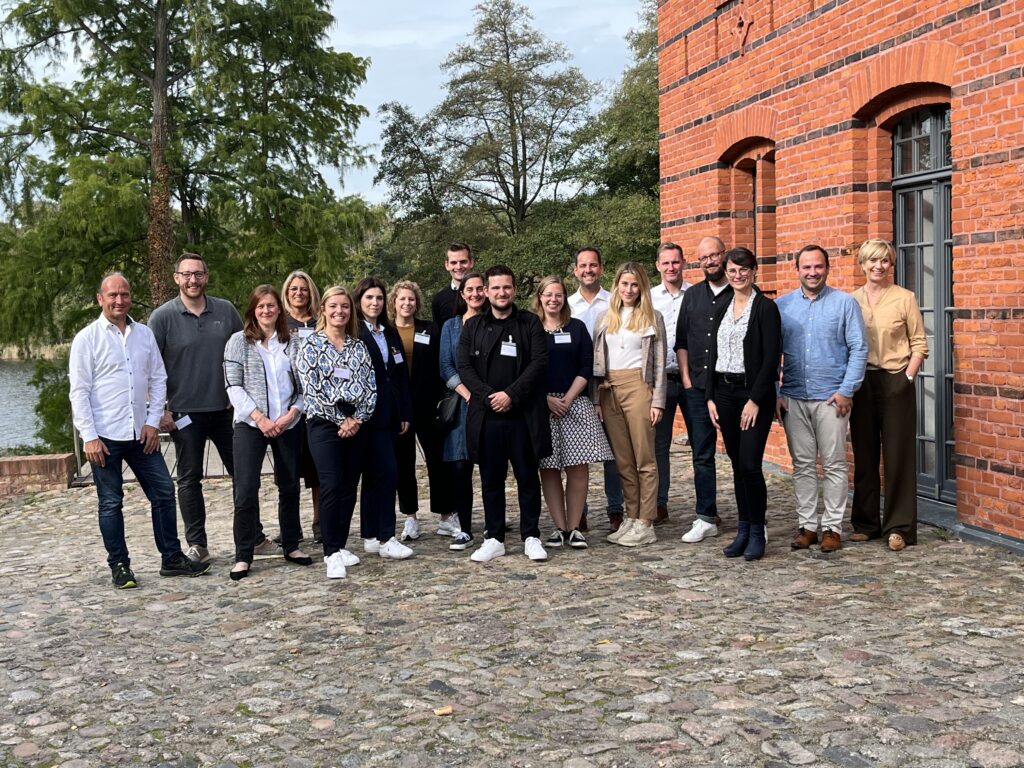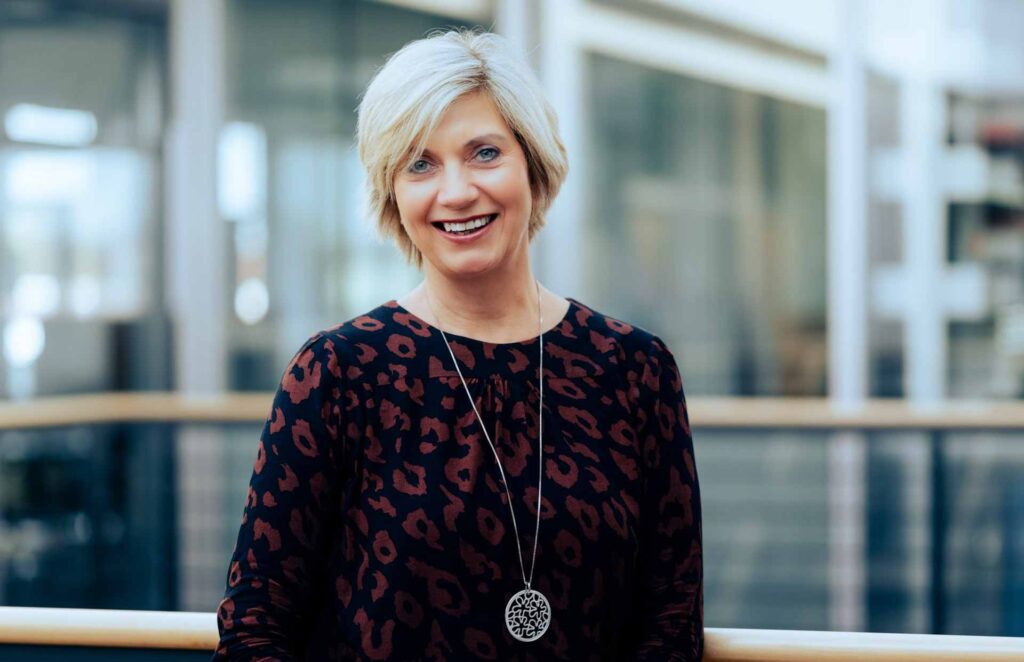From October 11 to 13, 2023, the Liz Mohn Foundation gathered young leaders from various organizations and contexts for a new format: the Future Leadership Training. The training primarily focuses on self-leadership, which lays the foundation for responsible leadership behavior.
Participants were confronted with a variety of challenges, dealing with conflict understanding and insular thinking, the tension between control and trust, and the development of emotional intelligence (as a contrast to artificial intelligence). Because we are convinced: To provide orientation to others in a constantly changing corporate world, pausing and truly listening, a clear stance, as well as strong self-leadership and role modeling, are extremely important. The young leaders quickly realized that this was not about imparting leadership knowledge, but about actually expanding their personal scope of action.
Cognitive is not enough
The Future Leadership Training provides responsible, performance-oriented individuals from politics, business, and non-profit organizations with valuable impulses on central questions of leadership and self-leadership. It is not just about theoretical knowledge, but about real experiences and practical reflection based on concrete cases. The intensive peer group learning enables participants to learn from each other, share experiences, and broaden their own perspectives.
As a practical speaker, 28-year-old start-up founder and entrepreneur Prince Paul von Preußen from Digital8 discussed with the group and provided interesting insights into the demands and concerns of the younger generation of workers. His own understanding of leadership and the importance of relationships in professional interactions also became clear in the exchange with him.
The participants: young, open, responsible
The goal of this special training is to unleash the full potential of young, open, responsible leaders! After all, they are the ones who will lead our organizations into a successful future.
The expectations and demands on fresh leaders are well known to be high. They enter a professional world where all employees must constantly adapt to changes. They must coordinate various roles and often fulfill contradictory requirements, as crises, constantly new developments, and challenges strike at the core of organizations from the outside. At the same time, the understanding of success and life leadership has changed: More self-fulfillment instead of mere career, more accompanying instead of educating, more quality time instead of mere presence, rather strengthening vulnerability than rigid authority. And: A modern form of authenticity stands above the pursuit of status for young leaders.
One participant of the training summarized it in this sense: “Leadership is simple! Leading is actually a very humanistic principle.”

